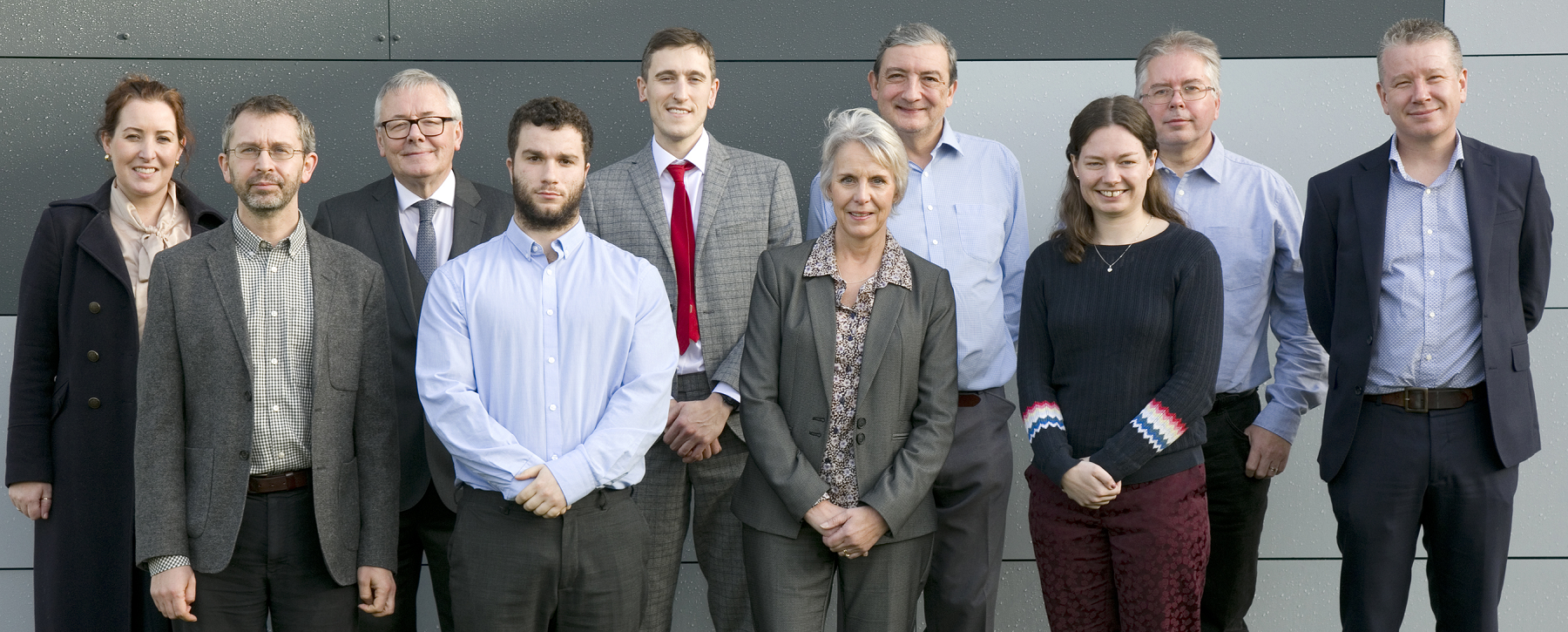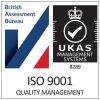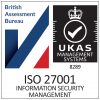MCM provides radioactive waste management excellence with the support of an enthusiastic Core Team, co-located in our Bristol office, with close ties to the company Founding Partners and many Associates located around the world.
Click on each of the profiles below to find out more.
Core Team
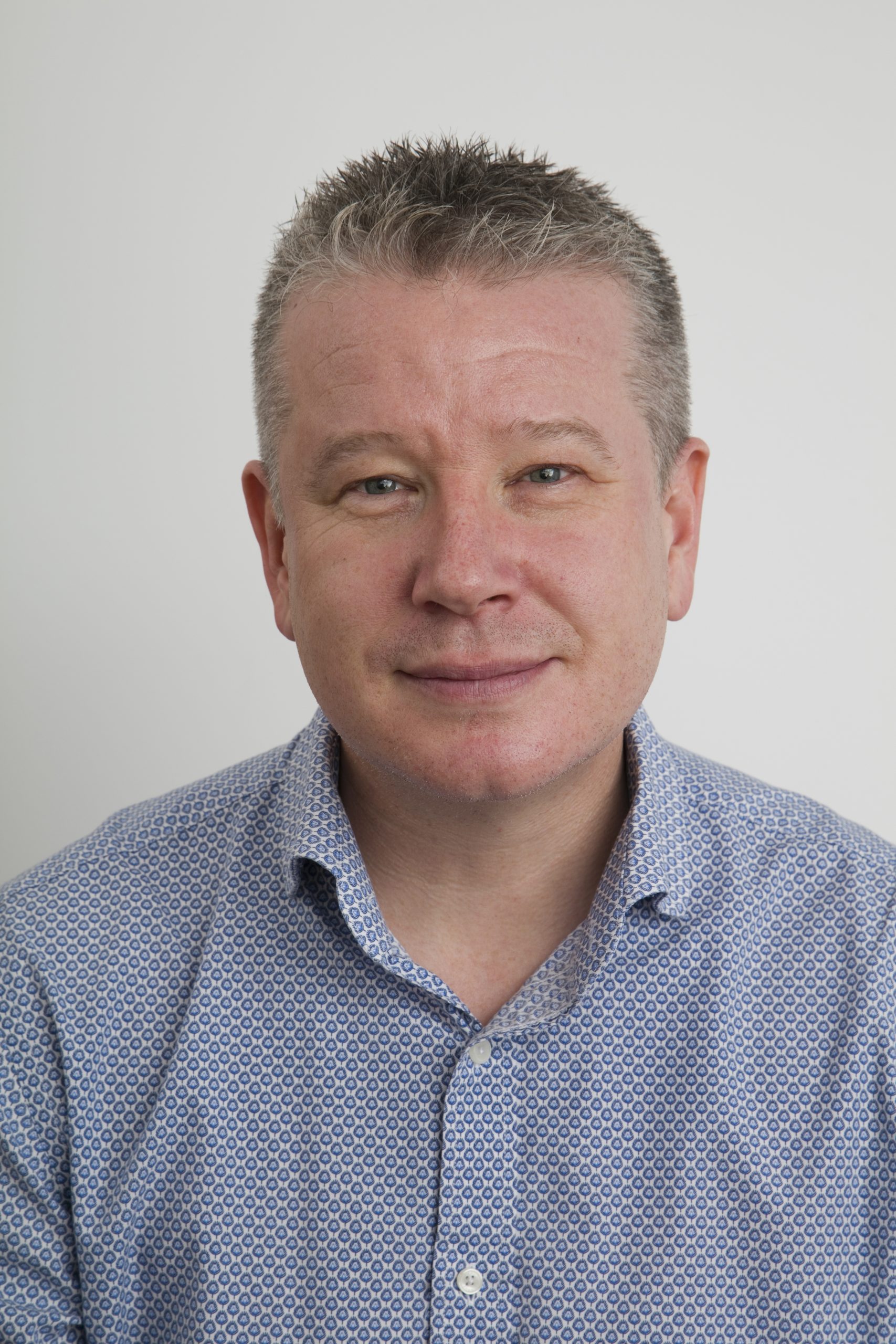
Alastair Clark
Managing Director
Dr Alastair Clark is a geologist and technical integrator, specialising in radioactive waste management with academic training and 15 years’ professional experience. Alastair has a unique mix of technical understanding, data analysis and project management skills tailored to the radioactive waste management and disposal, covering the engineering design and post-closure performance assessment of the UK’s near-surface repository for Low Level Waste and the UK’s deep geological disposal facility (GDF) for Higher Activity Waste. sector. His experience covers strategy, programme development, siting, site characterisation, packaging, engineering design and post-closure performance.
Alastair has a PhD in geochemistry which was sponsored by British Nuclear Fuels (BNFL) Ltd to investigate the long-term evolution of the wasteform used to immobilise Low Level Waste. After his PhD, he led an environmental consultancy, reporting to the Executive Board and coordinating a multi-disciplined research team across the Universities of Manchester and Newcastle.
He worked for Nirex and the Nuclear Decommissioning Authority Radioactive Waste Management Directorate (RWMD) for 8 years and during this time was Design Systems Engineer and Engineering Manager. Over this time, Alastair was RWM’s Intelligent Client for engineering design process development, geotechnical engineering, GDF nuclear safeguards, GDF physical protection, and geospatial management and he also led the implementation of RWMD’s Design Authority arrangements. During his time at RWMD, Alastair led a £5 million, 4 year critical-path project to prepare for the identification and assessment of potential UK geological disposal facility sites. This involved co-ordination of the technical programme integrating spatial, geological and site-specific design development.
Since joining MCM Consulting, Alastair has led work to develop and test RWM’s disposal concept selection process and develop concepts for the disposal of spent fuel in Multi-Purpose Containers. He currently supports LLWR Ltd by leading the development of a Requirements Management System to support engineering design optimisation and the LLWR Environmental Safety Case. He is also currently Key Expert for the engineering design of Iraq’s Low and Intermediate Level Waste repository.
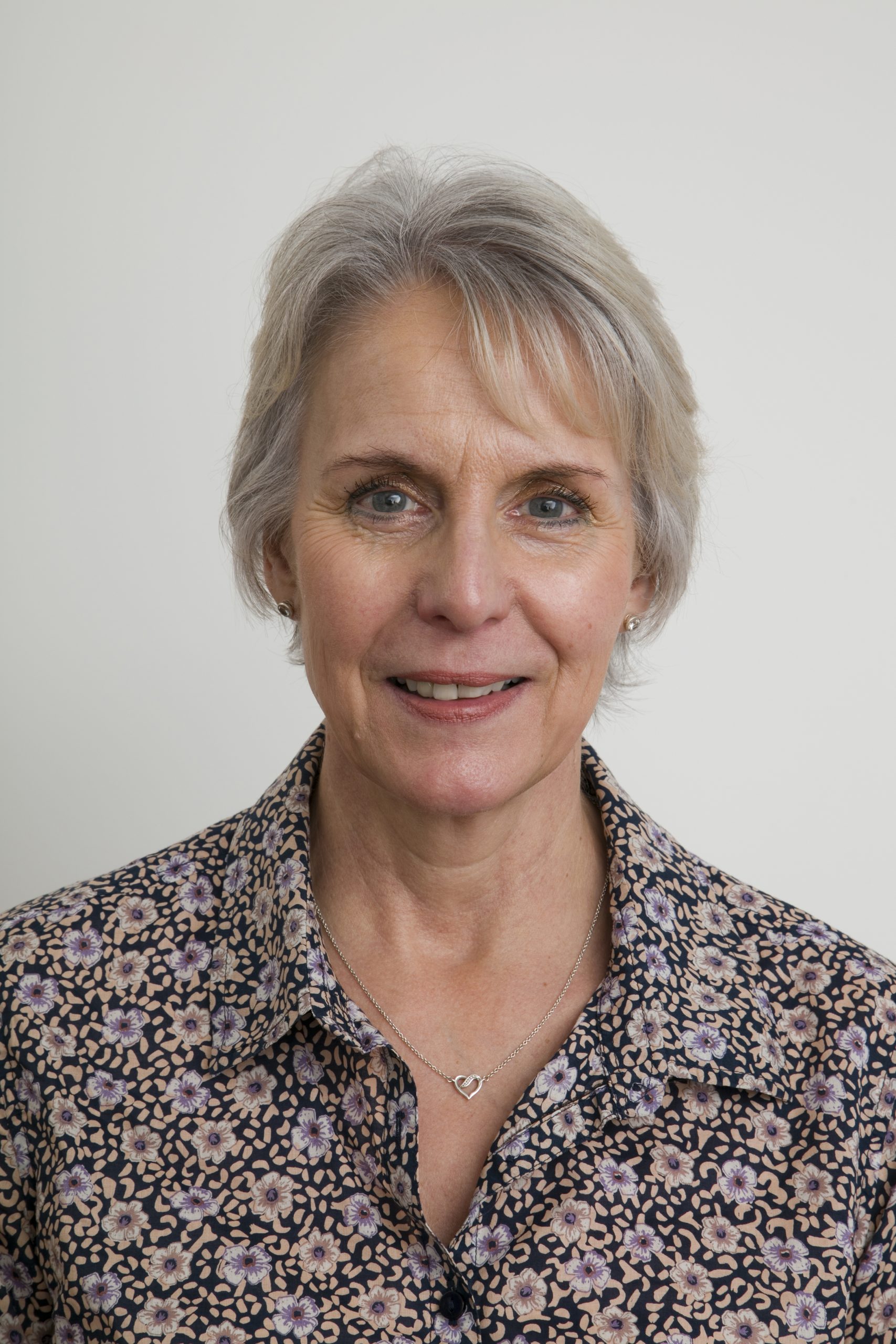
Heather Clements
Office Manager
Heather Clements
Office Manager
Heather Clements joined the MCM team in November 2014 and has a Diploma in Management. She worked for The Post Office for 19 years, in a variety of roles and projects. During the last 5 years with The Post Office she worked mainly on large scale business change initiatives.
In 2002 she joined a private healthcare company to undertake business process reviews and recommend improvements and efficiencies. Later as Business Change Manager she led a project team who worked with functional managers to implement business process changes. Heather was also the implementation manager on a successful major computer system migration.
Heather has a Diploma in Computerised Accounting for Business and is also a member of the International Association of Bookkeepers (IAB). At MCM she is responsible for all the day to day company administration and financial accounting.
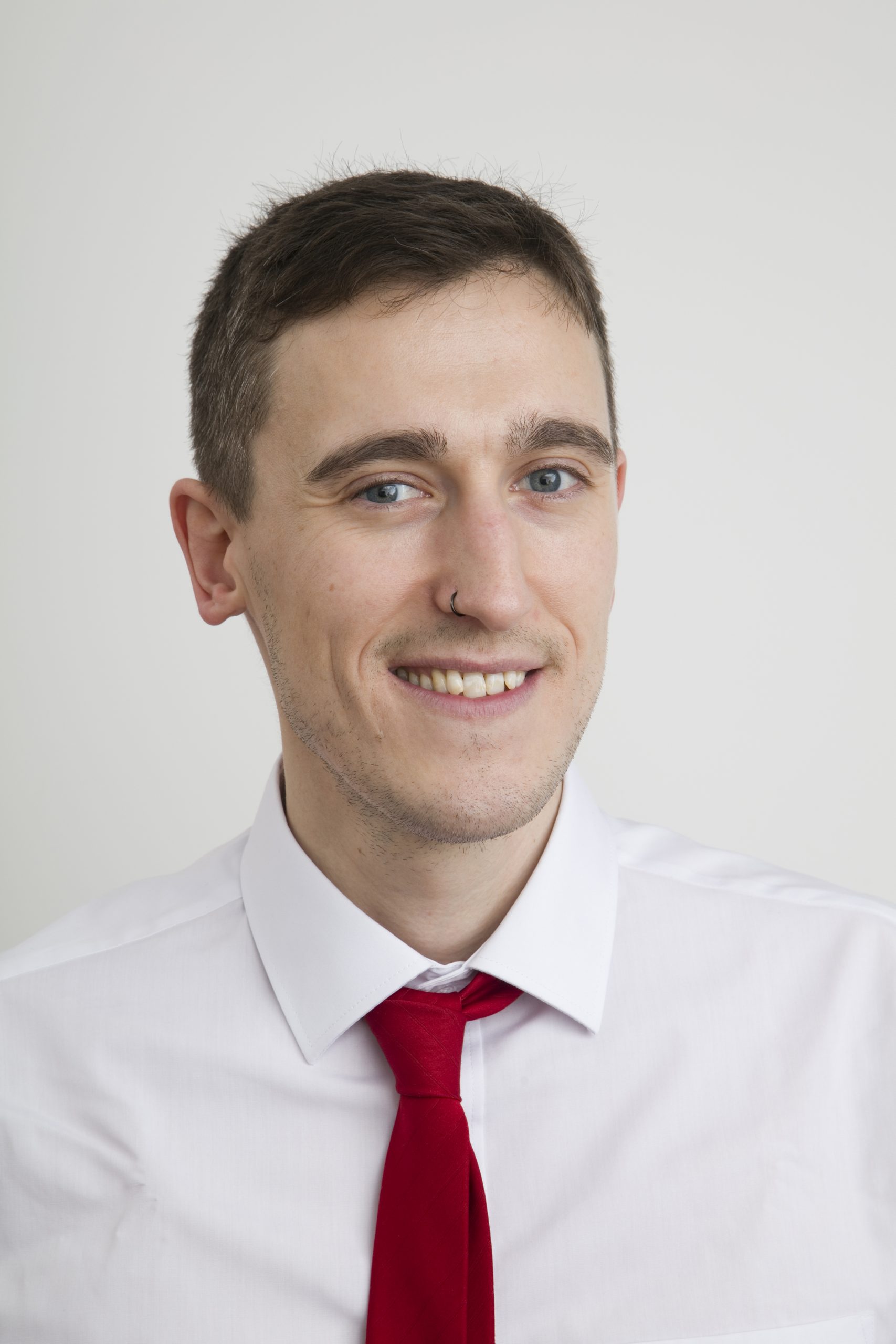
Jake Kinghorn-Mills
Consultant
Jake Kinghorn-Mills
Consultant
Jake joined MCM Environmental Services in April 2018 to conduct his master thesis during a 6-month internship as part of his double degree – ‘European Masters In Nuclear Energy’, MSc course. The internship saw him exposed to projects focused on requirements management, conceptual design, design development and programme management, whilst his thesis – ‘Using Requirements Management to Communicate Strength in Depth for Geological Disposal’, focused on the feasibility of a requirements management system (RMS) for a UK geological disposal facility (GDF) and its potential use for internal (cross-discipline and hierarchical) and external (regulatory and general public) communication of safety integrated design.
Having spent a year studying nuclear engineering at KTH Royal Institute of Technology, Sweden and a year specialising in decommissioning and waste management at Université Paris-Saclay, France, Jake has received MSc degrees from both institutions. During this 2-year integrated master course, Jake took part in courses at the Aspo Hard Rock Laboratory in Oskarshamn, Sweden, the Onkalo Underground Rock Characterisation Facility in Olkiluoto, Finland and the École de Management in Grenoble, France.
Prior to his career in the nuclear industry, Jake spent four years working as a systems, testing and integration engineer in the defence sector having graduated from Cardiff University with a 1st class Physics degree.
Jake is now supporting the MCM team as a consultant, delivering systems engineering expertise from beyond the nuclear sector, with a technical understanding of nuclear decommissioning and radioactive waste management issues and supporting our clients in various projects focused on requirements management, knowledge management and technical integration.
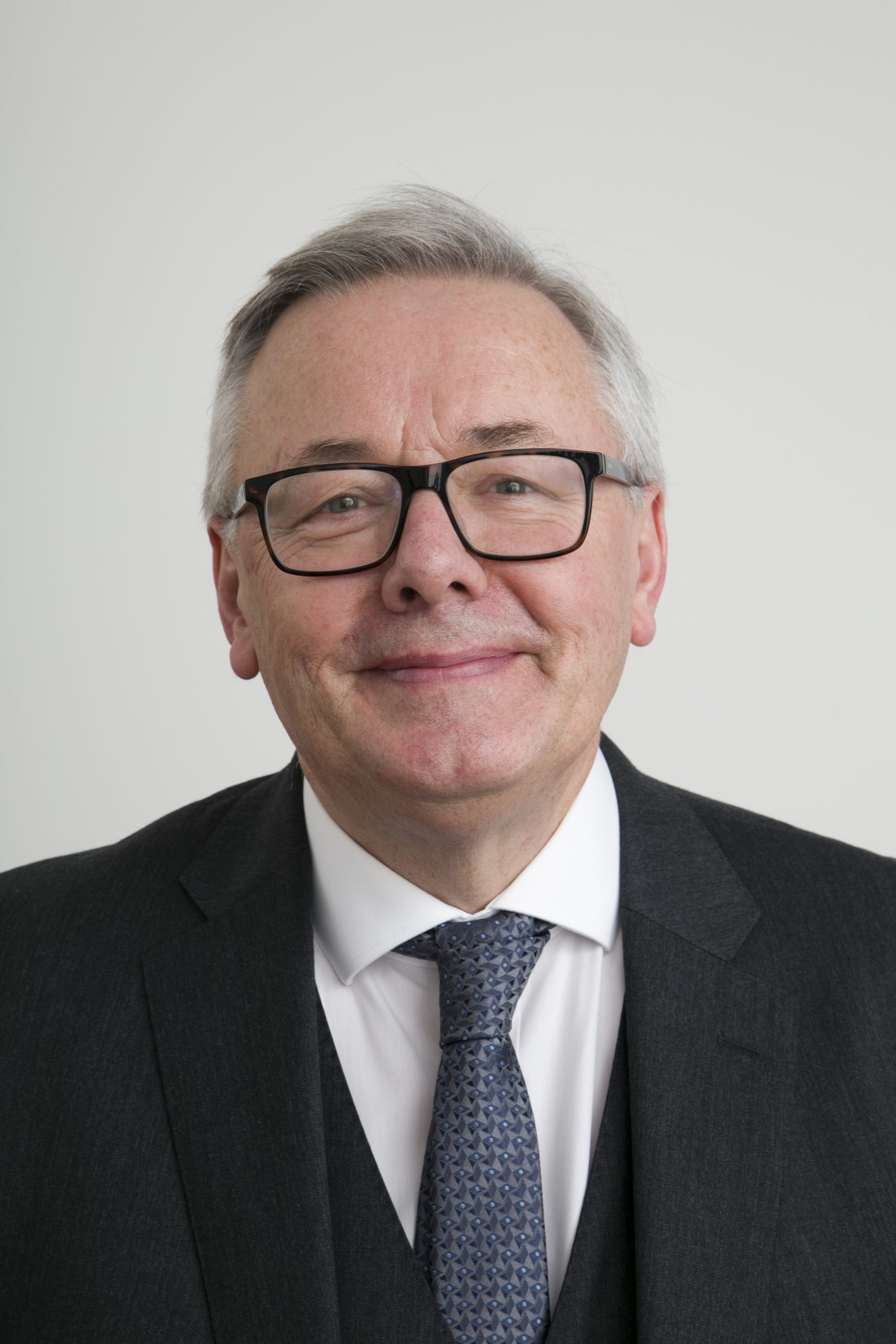
David Holton
Chief Technologist
David Holton
Chief Technologist
Dr David Holton has over 30 years’ experience of the full range of challenges relating to the safe disposal of radioactive waste and is a specialist in multi-disciplinary project integration. He previously led and developed the largest team in the UK specialising in geological disposal for over 20 years. Over that time he has developed a combination of detailed technical experience in a very wide range of areas and has a proven track-record of successfully managing multi-million pound projects, providing technical leadership and delivering excellence.
David has worked for many organisations including RWM, LLWR, Sellafield Limited, UKAEA, and various decommissioning activities in the UK. Internationally he has worked for many agencies including: SKB (Sweden), Posiva (Finland), IAEA (various countries), KAERI (South Korea), IRID (Japan), TEPCO (Japan), and Andra (France). David has successfully project managed and provided technical leadership for several of RWM’s integration projects in the UK, involving the multi-disciplinary integration of engineering, safety, all aspects of the engineered barrier system, and the geosphere. He has worked on major site investigation projects concerned with siting new facilities (radioactive waste disposal – e.g. Nirex, LLWR and Magnox); the iterative development of site understanding, as part of existing facilities, and in support of the Environmental Safety Case (e.g. LLWR).
David has published in excess of 100 reports and papers on an extensive range of technical areas. These range from the development of disposal concepts for low and high-heat-generating waste to the development of geological Site Descriptive Models as a basis of the development of Safety Cases for geological disposal. David has worked on detailed THM modelling work to describe the behaviour of clays to application of multi-attribute utility analysis as part of structured optioneering workshops to select technology or engineering solutions. He has worked on the development of thermal dimensioning tools to understand the size of the footprint of HHGW for a Geological Disposal Facility. David has been involved in various detailed studies of the design and analysis of full-scale tests of high-heat-generating Waste (HHGW), including the Prototype Repository (SKB), HotBENT (Nagra) and FISST (Posiva). He is an expert in post-closure safety and RD&D relating to geological disposal. Some of David’s recent projects include:
(1) Lead Technical Integrator for the RWM Backfill Integrated Project – this is a multi-disciplinary project concerned with the selection of suitable backfill materials for low-heat-generating waste (LHGW) by considering various safety related requirements drawn from, geotechnical considerations, various aspects of safety, emplacement implementation and sustainable design.
(2) Project Manager and Technical Integration Lead for the RWM Concepts Development Integrated Project This project considered the implication of a range of disposal concepts and issues for potentially challenging wastes, using the principles of safety integrated design.
(3) Project Manager and Lead Technical Integrator for the RWM High-heat-generating Waste Integrated Project Team. David managed the delivery to time and budget of all the technical activities. This included the development of tools to understand the engineering footprint for HHGW. This significantly improved how such assessments were preformed and enabled key engineering decisions on separation of HHGW to manage the maximum temperature of key components of a GDF.
(4) Other recent projects include: Lead Technical integrator for Considerations of Voidage in the GDF and Related Implications, Preliminary Concept development for Plutonium wastes, Technical Director for contributions to SKB’s Engineered Barrier Task Force for a period of 10 years, and Technical Expert supporting an Engineering Feasibility Studies: Disposal Concept for HHGW.
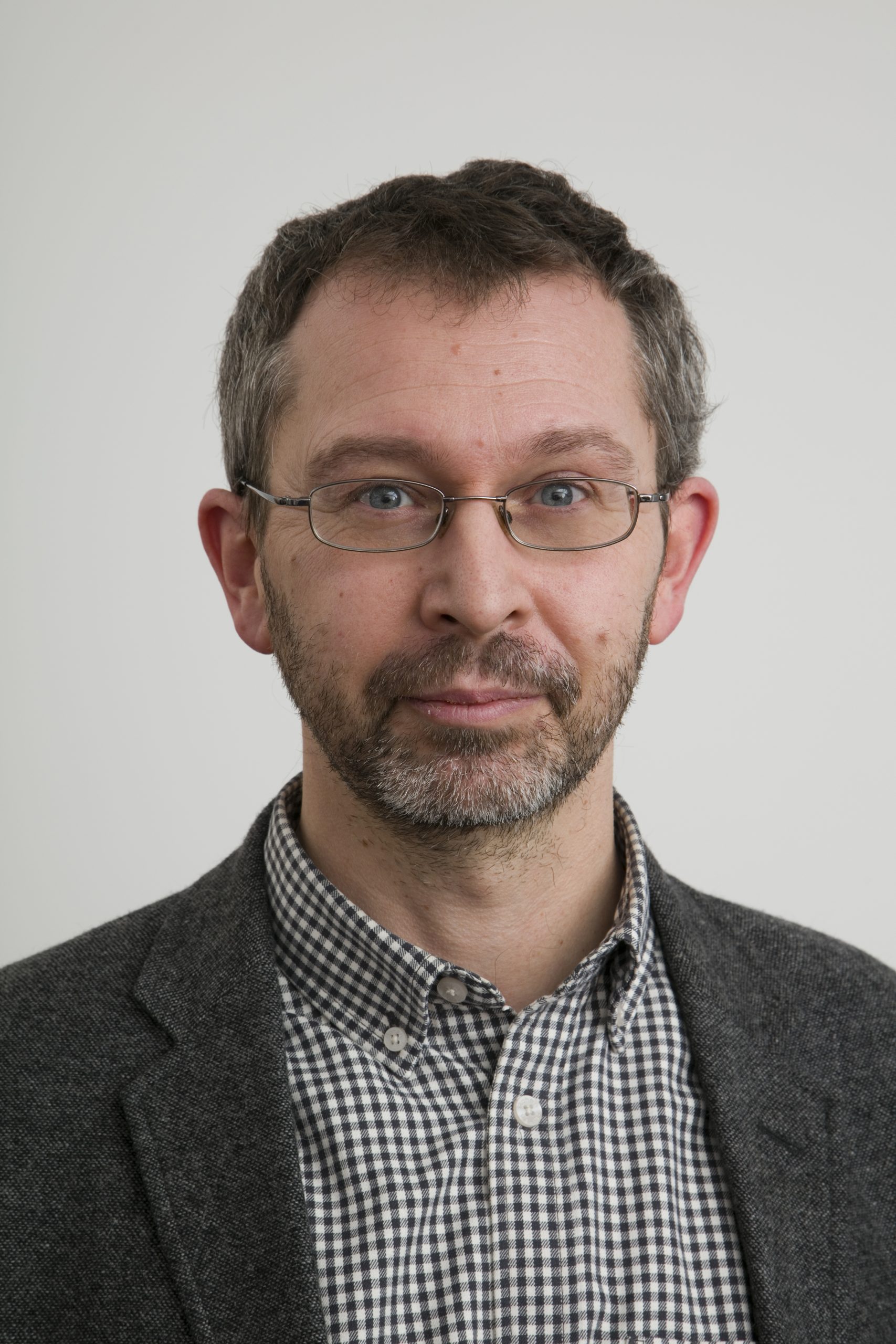
David Roberts
Principal Consultant
David joined the team at MCM in May 2021 and has sixteen years’ experience working on various aspects of radioactive waste management. This includes work in the areas of concept design, safety assessment, and process modelling in several international programmes for geological disposal.
David recently worked on a preliminary generic safety assessment for the disposal of radioactive wastes associated with decommissioning the Fukushima Daiichi nuclear power station in Japan. This involved developing a preliminary safety assessment to investigate a range of disposal options for decommissioning wastes, including a novel way to efficiently distribute different wastes to each type of facility. David also developed post-closure performance assessment models as part of a generic safety case for geological disposal in the UK. The aim was to develop a suite of post-closure performance assessment models using GoldSim – along with supporting documentation, verification records and database – for RWM to use as part of their 2016 generic Disposal System Safety Case.
David worked on a number of tasks as part of the Concept Development Integrated Project for RWM. The overall aims were to provide an underpinned range of geological disposal concepts for consideration during site assessment in the UK. David made technical contributions to several tasks in this project, including consideration of: Disposal options for highly enriched uranium; the use of silos for ILW; the use of multi-level repository designs; and post-closure safety modelling for a range of disposal concepts.
David has experience in thermal modelling, including work on the thermal modelling of Intermediate Level Waste disposal areas for RWM. David completed work on the thermo-hydro-mechanical evolution of a UK geological disposal facility due to disposal of high-heat-generating waste, investigating the consequences of thermal expansion of rock on pre-existing fractures.
David has undertaken hydrogeological modelling to support site investigations and repository performance assessment at Olkiluoto, Forsmark and Laxemar (For SKB and Posiva). This involved statistical analysis of fracture data from boreholes, outcrops and tunnels and the development of stochastic fracture network models calibrated to hydraulic test results. Scale effects were addressed by upscaling fracture models to estimate equivalent large-scale bulk properties. David performed modelling of large-scale hydraulic tests to build confidence in the structural models, and palaeo-chemistry simulations to understand the evolution of the chemical composition of groundwater in fractures and matrix porewater over a glacial cycle.
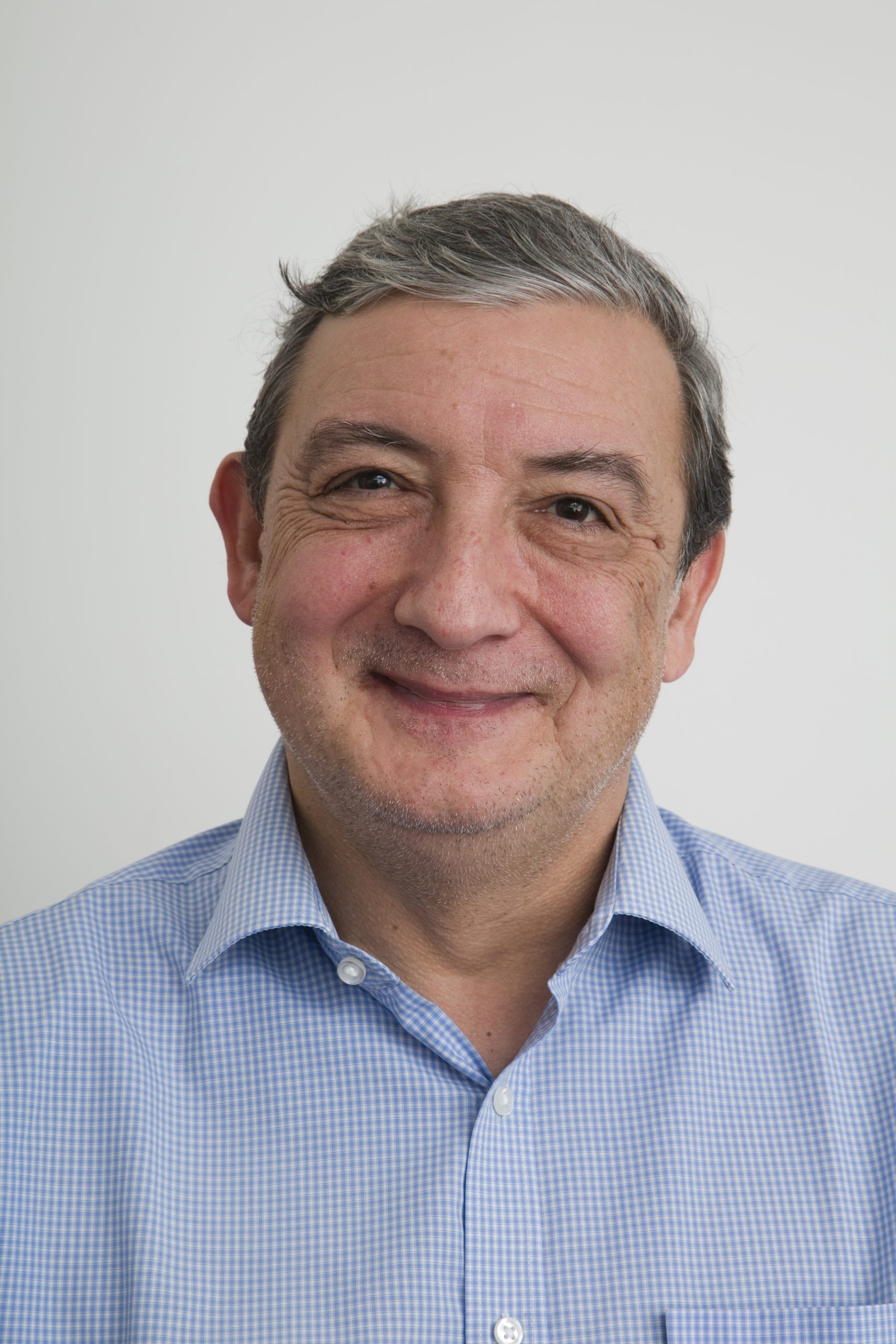
Martin Kelly
Principal Consultant
Martin joined the team at MCM in December 2021 and has over twenty-eight years’ experience of radiological and non-radiological assessments, modelling of contaminant transfer and uptake in the biosphere, and dose and risk assessment. Martin’s experience includes development of conceptual models, detailed numerical models and simplified models that are designed to represent the key processes in a physical system. He is an expert in the development and construction of assessment models using the GoldSim computer code.
He graduated from the University of York in 1989 with a BSc (1st Class) in Theoretical Physics, and later from the University of Warwick in 1994 with a PhD in Theoretical Physics.
Martin’s current portfolio of projects includes:
– Technical Integration Manager for Phase 2 of RWM’s Non-radiological Integrated Project Team (IPT). For this, Martin manages a programme of work worth £3 million over four years, to address the treatment of non-radiological contaminants in a GDF. In addition, he is leading the development of state-of-the-art assessment models for evaluating the potential hazards from non-radiological contaminants in a GDF, including heat and pH.
– Lead assessor on the Backfill IPT at RWM. This project evaluates the relative performance of different backfill formulations in GDF vaults, in the context of post-closure safety. The work involves a combination of GoldSim and insight modelling for a number of different host environments.
– Member of the Plutonium IPT at RWM in the role of task leader for post-closure assessments for plutonium disposal concepts. This work employs a combination of GoldSim and insight modelling. In addition, Martin is lead modeller for accumulation modelling in support of criticality calculations undertaken for plutonium disposal concepts.
Martin has been the lead conceptual and mathematical modeller for a number of high-profile national and international projects:
– Non-radiological HRA for the SGHWR and Dragon reactors at Winfrith. The results of this assessment provide a key input to the decision-making process to choose the most appropriate end state design for these two reactors.
– Investigating a range of disposal options for decommissioning wastes arising from the recent accident at Fukushima, Japan. The options ranged from near-surface disposal to disposal in an engineered facility at depth for more hazardous materials.
– Integrated assessment model for the LLWR that combines the period of authorisation and post-closure phases of the repository. The task provided a key input to a recent HRA developed for the LLWR.
– Development of numerical assessment models for use by RWM in their 2016 generic DSSC update. The work involved developing conceptual and mathematical descriptions for four GDF concepts, covering low- and high-heat generating wastes, and higher and lower-strength host rocks.
Other recent project work of note includes:
– Member of the Concepts IPT at RWM, tasked with the development and construction of a set of scoping models for ILW disposals in vaults, in higher-strength, lower-strength and evaporite host environments.
– Provision of support for the permit application to continue disposals at the LLWR in 2013. This involved additional calculations of consequences in the presence of complexing agents, and waste acceptance criteria.
– LLWR Environmental Safety Case – Project manager and lead assessor for a series of radiological and non-radiological assessments in support of the 2011 ESC for the LLWR.
– Member of the High-heat IPT at RWM, tasked with the development of assessment models suitable for assessing illustrative disposal concepts for HLW and spent fuel.
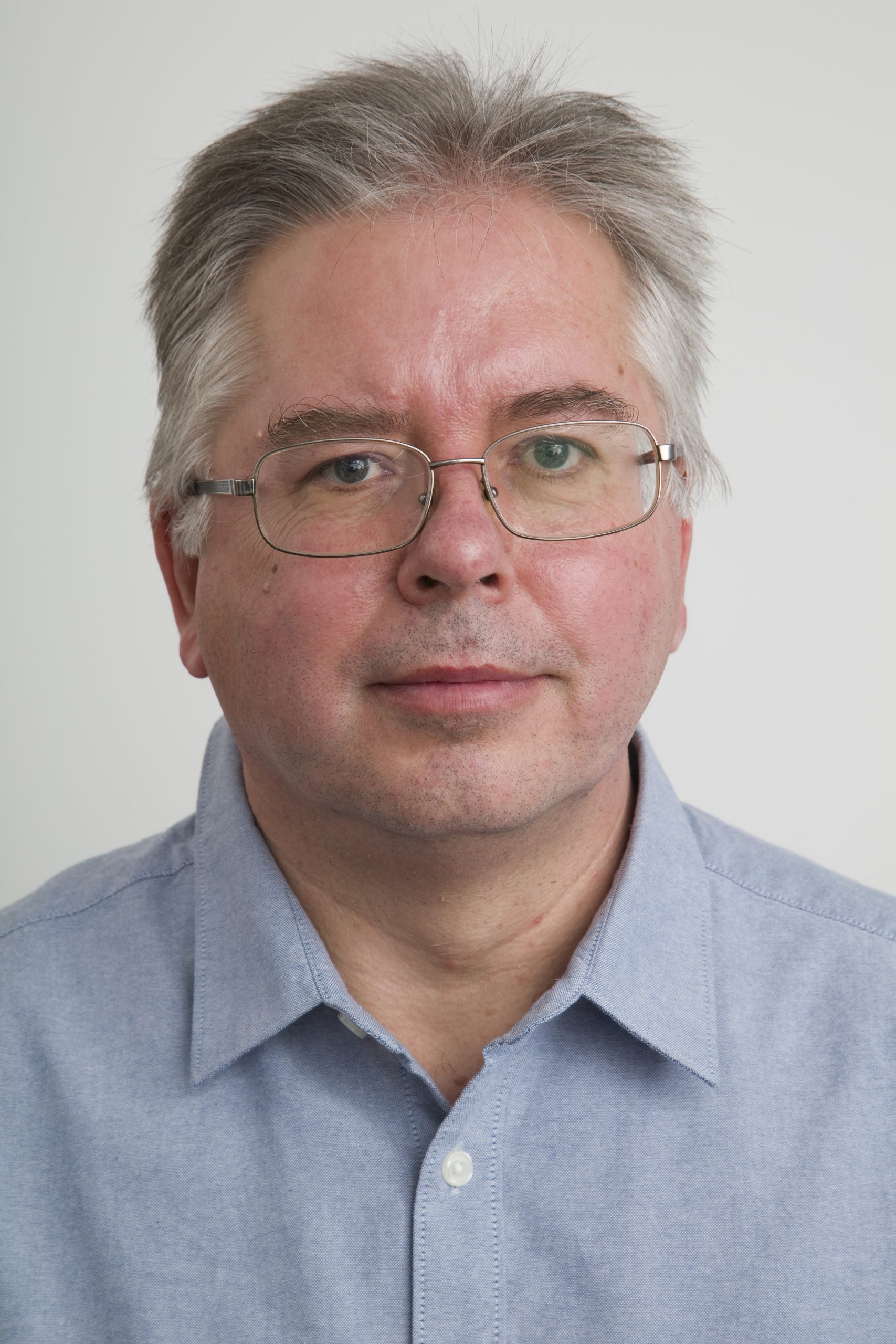
Steven Joyce
Principal Consultant
Steven Joyce
Principal Consultant
Dr Steven Joyce has over 20 years of experience supporting radioactive waste management organisations in their evaluation and assessment of the suitability of sites for the safe geological disposal of radioactive waste. His work has focussed on the safety performance of the geological, hydrogeological and hydrogeochemical environment and how it evolves over time. He is an expert in the integration of information from multiple disciplines necessary to form a conceptual understanding of the site and a quantification of its long-term performance.
Steven was a contributor to both the Swedish and Finnish safety assessments for their long-term geological repositories for spent nuclear fuel at Forsmark and Olkiluoto, respectively. His work for over 15 years on these programmes was primarily focussed on developing the understanding of the hydrogeology of the fractured crystalline host rocks and developing numerical models to quantify the behaviour and evolution of the groundwater system. This included working with subject matter experts in different disciplines (e.g. geology, hydrogeology, hydrogeochemistry, hydrology, rock mechanics, climatology) to build consistent models of the system behaviour.
Steven also has extensive experience of the geology and hydrogeology of West Cumbria due to his work for the Sellafield, Moorside and LLWR sites. This work has involved developing the conceptual and numerical models for these sites, quantifying uncertainty and carrying out calculations for the transport of contaminants.
Steven is an expert numerical modeller, including many years experience managing and developing hydrogeological and hydrogeological modelling tools. Work has included developing groundwater flow and transport modelling methodologies for Nuclear Waste Services (NWS) in the UK as part of their performance assessment workflow.
Throughout his work Steven has worked closely with clients and their supply chain to ensure work is well coordinated, integrated and delivered to a high quality. Good communication and knowledge transfer have been key to the success of his projects.
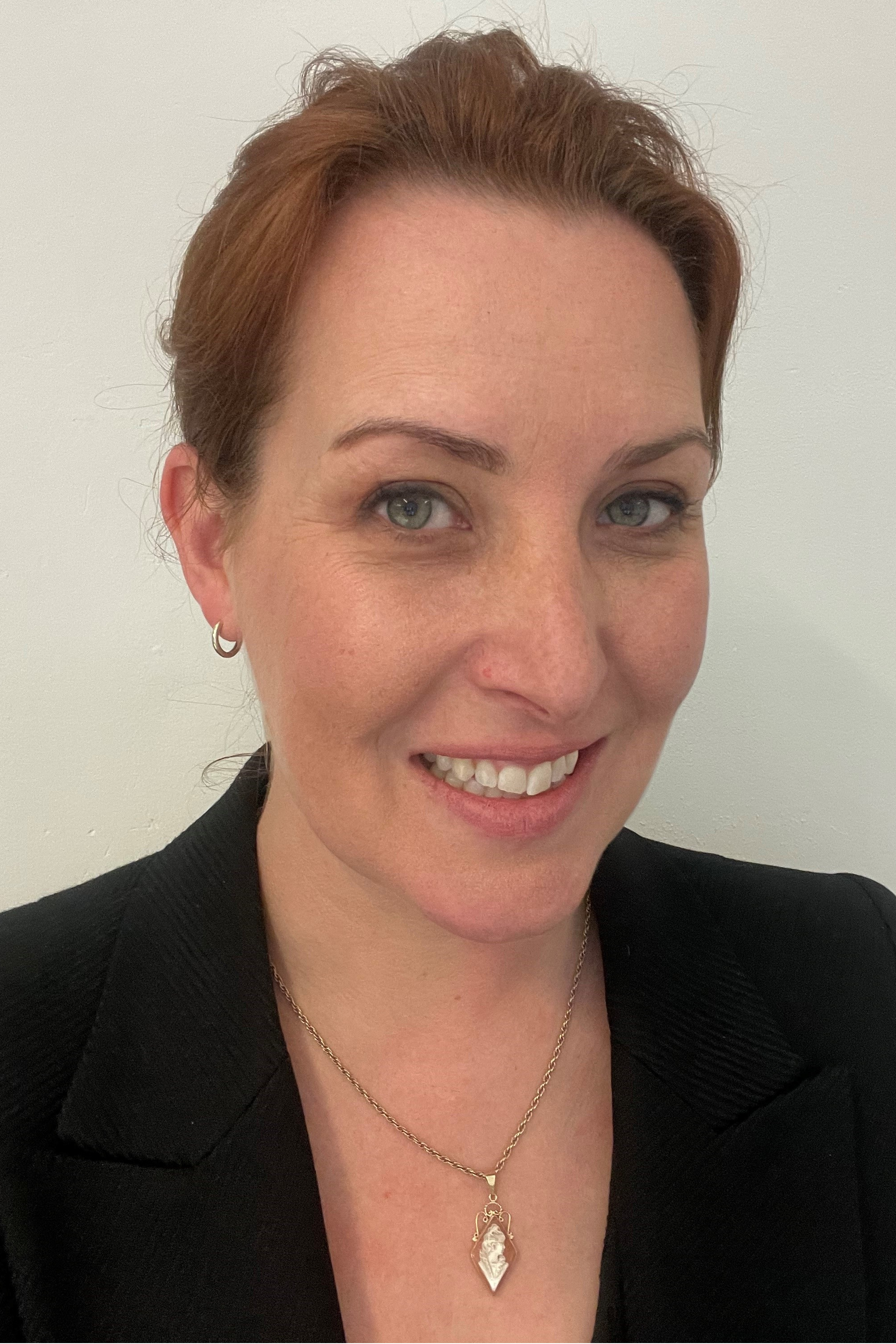
Tara Beattie
Principal Consultant
Profile
Principal consultant, technical integrator and project coordinator working in specialist domains of radioactive waste management for over 15 years.
Previous Head of the UK Office for MCM International, responsible for line management, business development, project management and author/reviewer across numerous >1M/yr integrated projects supporting deep geological disposal. Most recently Tara has supported the waste management agencies in France and Switzerland on strategic RD&D roadmap developments and led numerous UK Pu options assessment studies for Jacobs and Nuclear Waste Services, UK.
Specialties: translating science outcomes to plain English; GDF post-closure safety; technology options assessment (including lifecycle/cost and environmental impact assessment); Near-field/engineered barrier system evolution; RD&D coordination; issues and knowledge management; and technical integration for multi-disciplinary projects.
Some recent projects:
Technical lead of a concepts benefits assessment for the NWS Plutonium Integrated Project (IPT), supporting NDA and BEIS in identifying a preferred strategy for the long-term management of the UK’s plutonium (Pu) stockpile. Tara facilitated workshops and integrated modelling results from safety assessment, specification, cost engineering and facility design, focussing on cost and environmental impact assessment for a broad range of facility concept designs, host rock environments and waste form/ disposal package options (2021-2022).
Technical lead and author of a preliminary concepts report for the NWS Plutonium IPT. Baseline document to synthesise all feasible plutonium disposal options for prospective plutonium waste treatment (HIPP and disposal-MOX) and packaging options (2019-2022).
Scientific coordination and project management support to the European Joint Programme on Radioactive Waste (EURAD), Client ANDRA. Member of the EURAD Project Management Office, Lead author of the EURAD Roadmap and Coordinator of the Roadmap Advisory Group (2019-2020), and support to the EURAD Bureau SRA Update (2021-2023).
Support to Nagra in the update of their Research, Development and Demonstration (RD&D) Plan, Technical Report NTB 21-02. Tara supported initial workshops with the Nagra team members and provided ongoing support to the MCM lead Jake Kinghorn-Mills in delivering a successful integrated approach to roadmap development (2018-2020).
Lead author of the European Joint Programme (EJP) Founding Documents, Client ANDRA. Tara supported development of the 2019 EJP Vision, Strategic Research Agenda, Governance Scheme and provided editorial support to finalise work package descriptions for the first 5 year implementation plan (2017-2018);
Expert peer reviewer of the Taiwanese 2017 “Technical Feasibility Assessment Report on Spent Nuclear Fuel Disposal” study, Client AEC. Alongside expert colleagues from France, Germany, Finland, UK and Japan, Tara reviewed work on the Taiwanese Final Disposal Plan (2017);
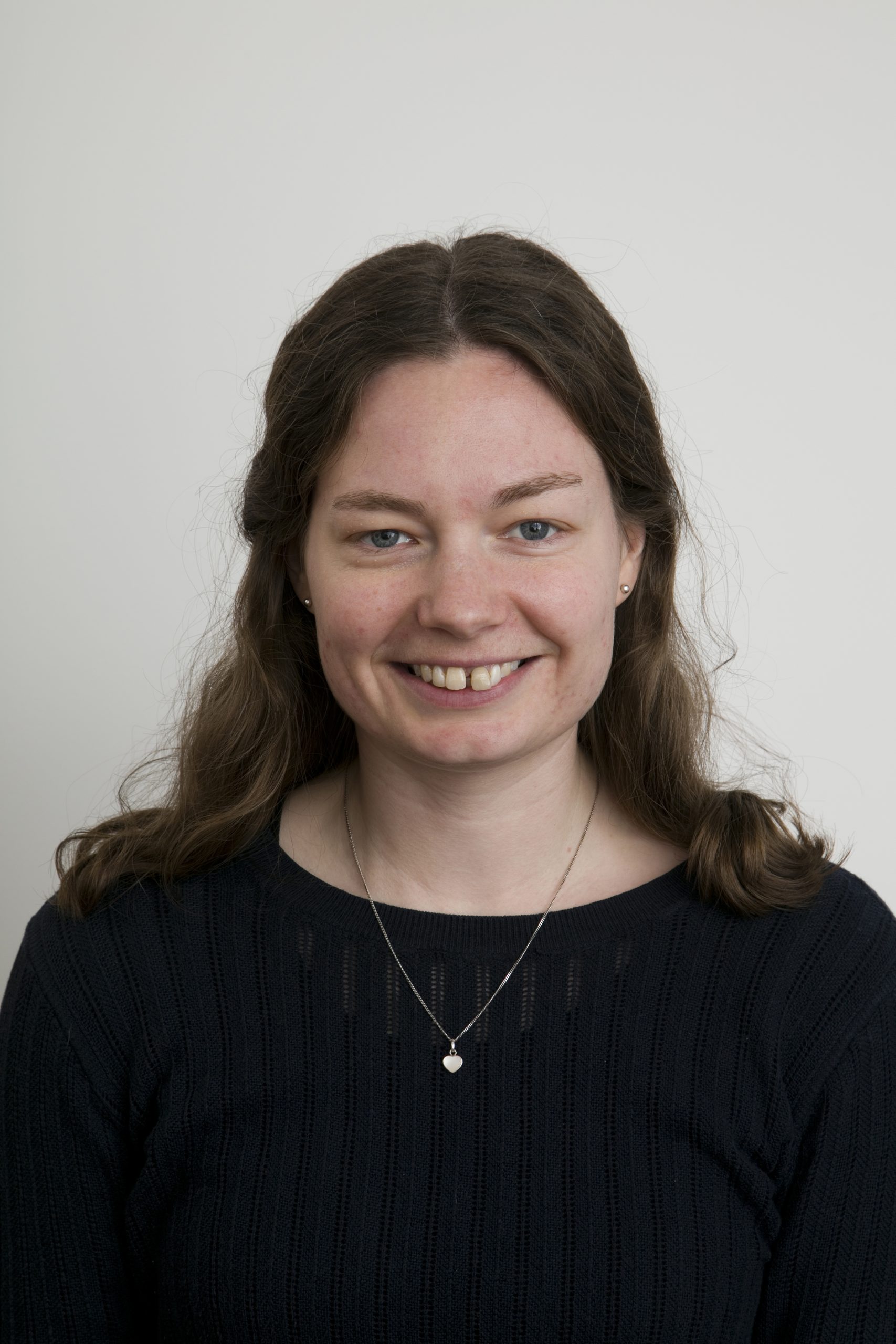
Jenny Smallwood
Consultant
Jenny Smallwood
Consultant
Dr Jenny Smallwood joined MCM after completing her DPhil in Particle Physics at the University of Oxford in 2023.
During her DPhil, she spent one year at CERN testing a prototype particle detector and commissioning the new LHCb detector when the LHC restarted in Summer 2022. Her thesis details a measurement of Standard Model parameters associated with charm mesons and the performance of the prototype detector.
Jenny has experience in mathematical modelling, gained also during her MMath&Phys (1st class) degree obtained at the University of Manchester.
Founding Partners
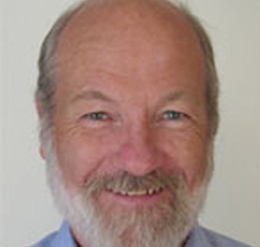
Dr Charles McCombie
Founding Partner
Dr Charles McCombie is an independent strategic and technical advisor to various national and international waste management programmes. He is a Partner in MCM Consulting and also President of the Arius Association. He has over 40 years’ experience in the nuclear field, 30 of which are in radioactive waste management. He is an author or co-author of around 200 published papers and articles. For 20 years, he was scientific and technical director of Nagra, the Swiss Cooperative for the Disposal of Radioactive Waste. He has provided advice and technical input to national waste management programmes in Switzerland, Japan, the UAE, the UK, Canada, Germany, Slovenia, South Africa, and Italy. Earlier in his career, he held positions as a research scientist with the U.K. Atomic Energy Authority and with the Swiss Federal Institute for Reactor Research. His responsibilities throughout his career have covered reactor safety, performance assessment for disposal, repository engineering and geological investigations and overall waste management programme direction.
Dr McCombie was the Swiss coordinator of collaborative work with numerous national programs and also with the IAEA, NEA and EU. He has served on a number of committees advising national and international organisations on radioactive waste management issues. He has chaired the International Technical Advisory Committee of NUMO (the HLW organisation of Japan), the International Board of Counsellors of NUMO and the Nuclear Advisory Committee of the Swiss Paul Scherrer Institute. For 8 years he was a member of the U.S. National Research Council’s Board on Radioactive Waste Management (BRWM) – 4 of these as Vice Chairman. In this function, he led the National Research Council committee which produced the key report “One Step at a Time” highlighting the use of adaptive, phased management in repository programmes. He also chaired the International Expert Group which reviewed the German Gorleben repository project and the NEA Group which reviewed the Canadian Spent Fuel Disposal Project.

Professor Neil Chapman
Founding Partner
Professor Neil Chapman is a senior scientist with 35 years’ experience in the scientific and strategic aspects of deep and shallow disposal of radioactive wastes, including provision of advice at the highest level to industrial and governmental organisations. He is a Partner of MCM Consulting. His particular skills are in understanding complex technical issues that have strong societal and political facets, with a view to informed and defensible decision-making. A current focus of interest is how the strategic aspects of managing the wastes from nuclear power impact on national and international security and energy planning and policy. He is the author/co-author of over 170 scientific papers and 8 books and has participated in numerous national and international committees concerned with the environmental impact of radioactive waste, technical management of internally funded projects, and has acted as visiting IAEA expert overseas.
Professor Chapman has had six years’ experience managing a large, multi-disciplinary research group engaged in studies on geological aspects of environmental pollution. He has had fifteen years’ experience in management and growth of successful international consulting companies in the UK and Switzerland. In the past he has held the position of Chairman of the International School of Underground Waste Storage and Disposal, Switzerland, organising training courses for industry, regulators and commercial organisations worldwide. He is acting as chairman of several project and advisory groups internationally.
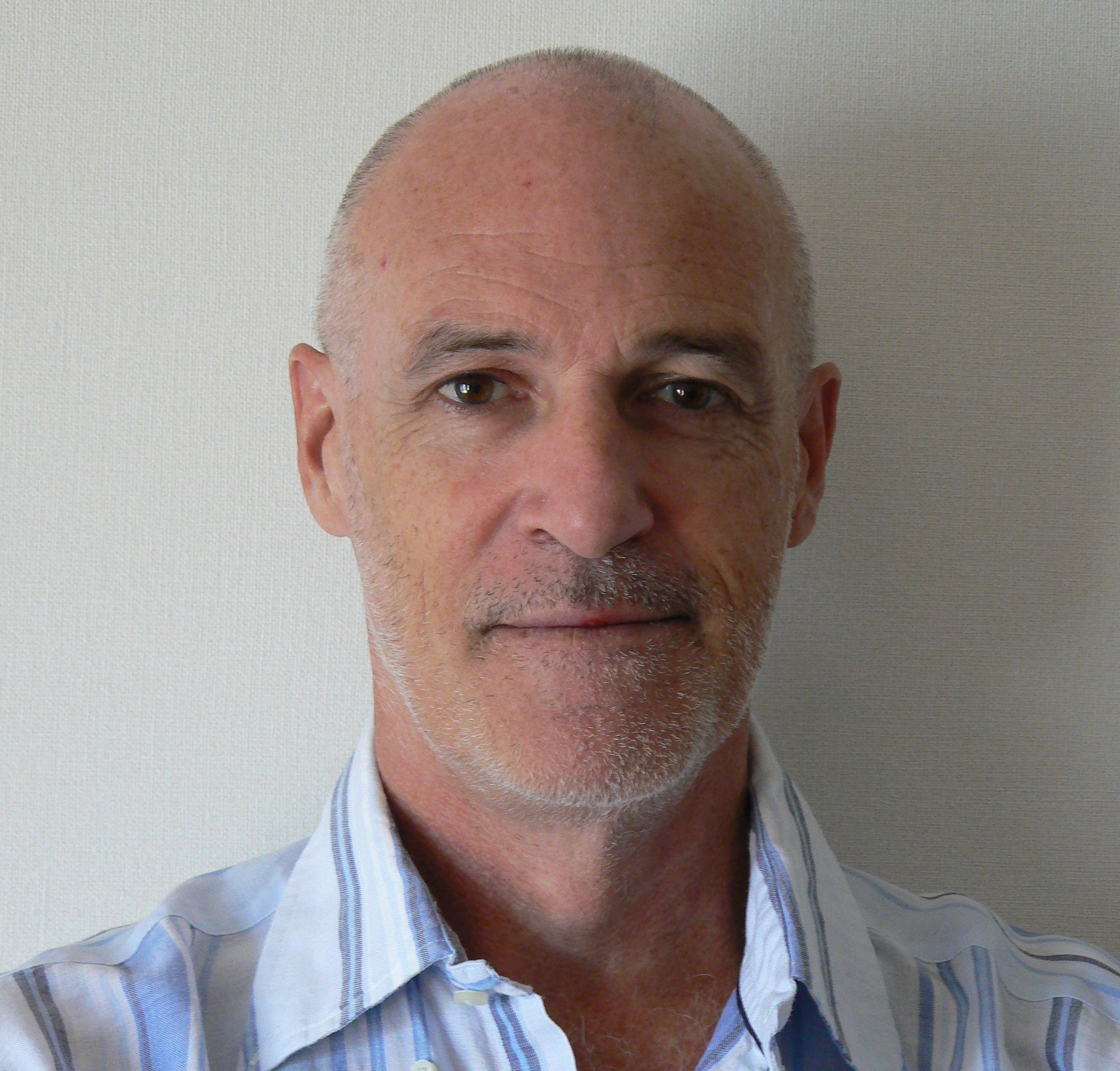
Dr Ian McKinley
Founding Partner
Dr Ian McKinley has a PhD in radiochemistry and is an independent consultant with a background of 4 decades years working with the multi-disciplinary sciences underpinning radioactive waste management. He is a Partner of MCM Consulting and has spent time as Visiting Professor at Nagoya and Okayama Universities.
He was previously a member of the Management Team of Nagra (the Swiss national radioactive waste management organisation) and Director of its International Services and Projects Division, where he was responsible for the development of an extremely successful international consulting service, the operation of the underground Grimsel Test Site and establishment of the International Training Centre.
He has contributed to planning, implementation, documentation and review of most major geological disposal performance assessments in Switzerland and Japan, initiated seminal geo-microbiology, radionuclide migration and natural analogue projects and has extensive experience in international expert groups, advisory teams and programme committees. Currently predominantly involved in repository concept development, knowledge management and safety case support projects for a range UK and Japanese clients. He also supports projects for recovery after the Fukushima Dai-ichi accident and preparation for eventual site clean-up.
He is the author/co-author of three books and about 350 technical papers, reports, articles and book chapters covering all areas of waste management.

